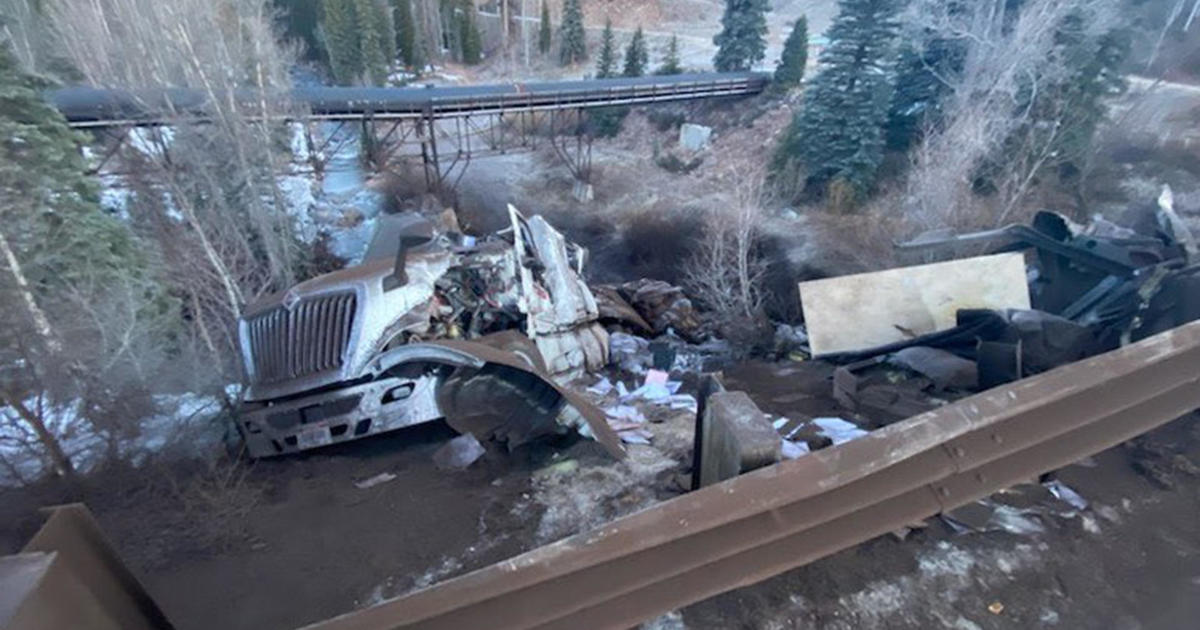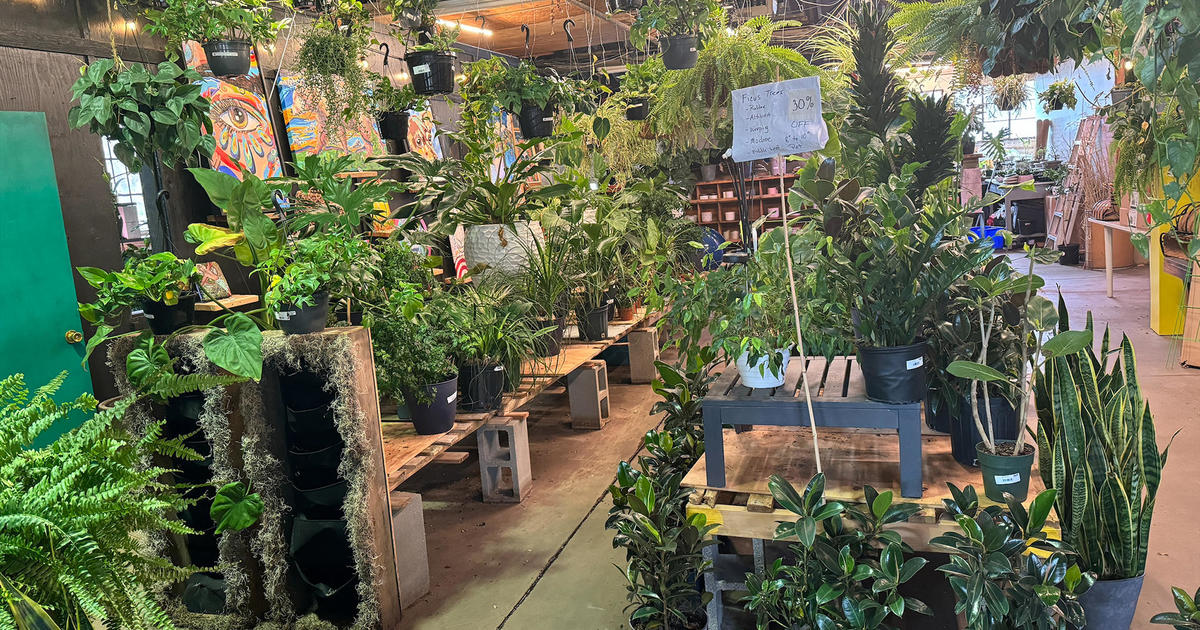Some Colorado Roadless Areas Get Stiffer Protections
DENVER (AP) - A tentative rule announced Wednesday for restricting development on 4.2 million acres of roadless national forest land in Colorado would include stronger protections for more than 1 million acres, while some lands would remain open for ski resort expansion and for temporary roads for coal mining.
U.S. Agriculture Secretary Tom Vilsack and Colorado Gov. John Hickenlooper announced the rule outside the Denver Museum of Nature and Science. It is part of an environmental impact statement and cannot be formally adopted until after a 30-day comment period, but Vilsack says few changes are expected.
The rule covers 4.2 million acres of roadless forest land scattered across 363 areas and eight national forests in Colorado.
Higher protection would be given to 1.2 million of those acres, with even fewer exceptions for roads, power lines or other development than what is offered under a national roadless rule. A tiny percentage of all roadless forests in Colorado would be open to potential ski resort expansions and temporary roads for coal mines. The rule also allows for tree-thinning to lessen wildfire threats near homes.
The rule represents a compromise hashed out over seven years by the U.S. Forest Service and state officials. More than 310,000 people nationwide submitted comments.
Hickenlooper, who frequently advocates compromise among opponents on a wide range of issues, called it "a characteristically Colorado achievement."
"The rule enhances all that makes Colorado special while at the same time providing a measure of flexibility that supports local economies and ensures communities can take steps to protect themselves from threats of wildfire," he said.
In 2001, then-President Bill Clinton approved a rule prohibiting commercial logging, mining and other development on about 58 million acres of national forest around the country. The George W. Bush administration later opened the door to commercial development on some of that land, but states could petition to protect certain areas.
Colorado officials started crafting a state-specific rule in 2005 amid court challenges of the national rule.
Federal appeals courts eventually upheld the 2001 nationwide rule, prompting some environmentalists to urge Colorado to stick with the national policy.
"I feel confident in saying this rule is better than the 2001 roadless rule for Colorado," Vilsack said.
Minerals underneath the 1.2 million acres given the highest protection would be tapped using directional drilling, so no land would be disturbed at the surface. New ditches, telecommunications lines and the like would be allowed through roadless areas only if that route is the best environmental alternative.
"The 2001 rule contained no comparable protection for high quality lands," Vilsack said.
About 8,000 acres, or less than 0.2 percent of roadless forest in Colorado, would be available for ski resort expansions, Vilsack said.
Stuart Sanderson, president of the Colorado Mining Association, praised the new rule for allowing coal mining on 19,000 acres in Gunnison and Delta counties. The 2001 federal rule put that parcel off-limits to mining.
Allowing expansion of three existing mines into that area will allow 1,000 workers to keep their jobs, Sanderson said.
Tisha Schuller, president and CEO of the Colorado Oil and Gas Association, said the new policy balances many interests, including the energy industry.
"After nearly five years of input from a diverse array of Coloradoans and the endorsement of three consecutive governors of both parties, it is time to finalize the Colorado roadless rule," she said.
Six environmental groups issued a joint statement saying the proposal is an improvement over previous versions of the Colorado rule, but they said three-fourths of the 4.2 million acres will be under weaker protections than the 2001 rule offered.
"We remain opposed to a Colorado-specific rule that manages the majority of our roadless backcountry to a weaker standard than exists here now," the statement said.
It was issued by Rocky Mountain Wild, Wilderness Workshop, High Country Citizens Alliance, San Juan Citizens Alliance, Ridgway Ouray Community Council and Western Colorado Congress.
The Theodore Roosevelt Conservation Partnership raised questions about provisions of the new rule that it said would allow development of some water projects and oil and gas leases, even in the area covered by the most stringent regulations.
- By Catherine Tsai, AP Writer
(© Copyright 2012 The Associated Press. All Rights Reserved. This material may not be published, broadcast, rewritten or redistributed.)



